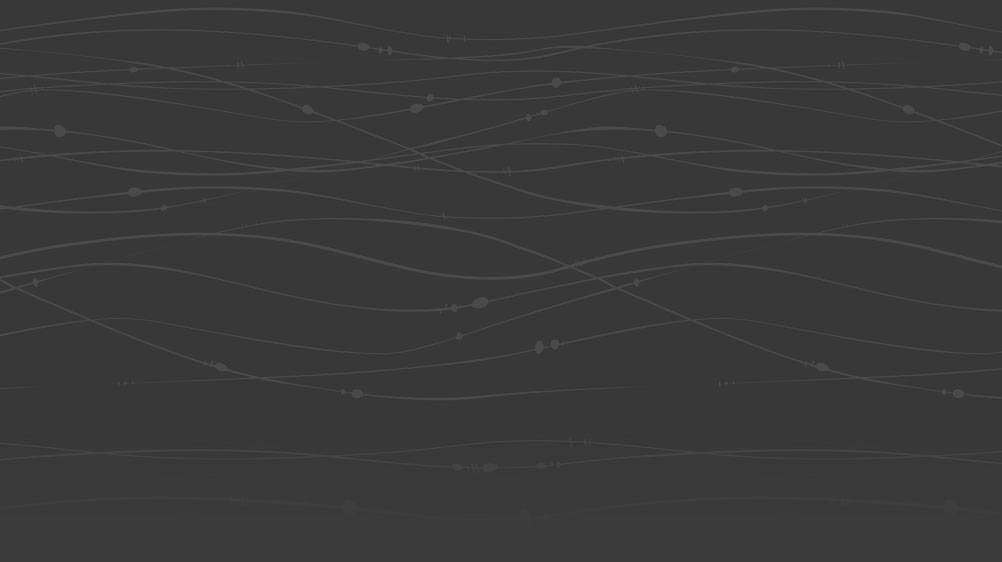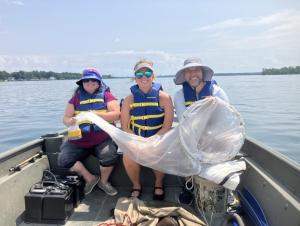

Written by Dr. Chris Pennuto
The Great Lakes Center offered a summer workshop for the Master Teachers Program in July. The New York State Master Teacher Program is an active professional network of more than 1,400 outstanding public school K–12 STEM educators who serve as mentors for early career STEM teachers and teacher candidates. Noted for its faculty expertise and outstanding educator preparation programs, Buffalo State was one of just four campuses chosen for the Master Teacher pilot program when it launched in 2013. For the past decade, the college has continued to serve as the Western New York regional programming hub, now one of nine in the state.
This past summer, 14 Master Teachers from across the state completed a 4-day workshop with hands-on training in a variety of Great Lakes topics, instructed by personnel from the Great Lakes Center and Biology Department at Buffalo State, plus the Biology Department at Canisius University. Dr. Chris Pennuto (GLC & Biology) assembled the team of presenters and coordinated the week of activities. On the team were Drs. John O’Brien (Canisius, zooplankton/phytoplankton), Robert Warren (Biology, climate change), Randal Snyder (Biology, fisheries), Olga Novikova (Biology, environmental microbiology), and Alexander (Sasha) Karatayev (GLC, invasive species). GLC field station interim manager, Brian Haas, joined us during the field portion, operating a boat to get participants out on the Niagara River for zooplankton collections. This location on the river is easily accessed, and since it is within sight of Lake Erie, the zooplankton counts and community composition are reflective of eastern Lake Erie.
The workshop split time between laboratories on the main campus, the Great Lakes Center Field Station, and field sites at Beaver Island State Park. It covered topics in stream and river biomonitoring, zooplankton community identification, microbial community functions, Great Lakes fish primer, discussions on climate change impacts to the Great Lakes region, and status of aquatic invasive species. Participants can now take those skillsets and topics back to their home school districts to enhance statewide understanding of these aspects of the Great Lakes. Participating staff and faculty had a great time with the teachers and look forward to more workshops in the years ahead.
Image caption: Master Teachers learning how to collect zooplankton samples in the Upper Niagara River.
Some content on this page is saved in PDF format. To view these files, download Adobe Acrobat Reader free. If you are having trouble reading a document, request an accessible copy of the PDF or Word Document.
